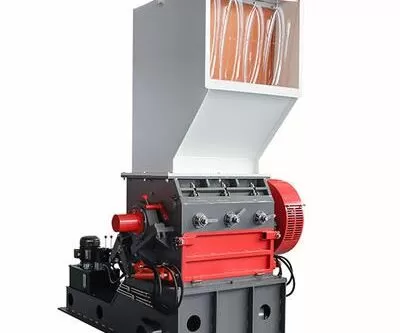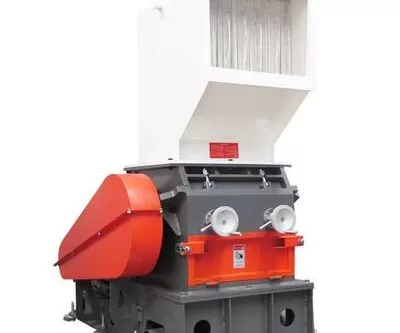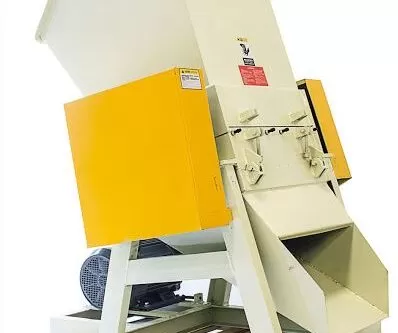For years, I’ve watched business owners dream about dominating the plastic crushing equipment market. Then, new environmental regulations roll in, and their plans crash faster than an overloaded shredder. The problem? People underestimate how much compliance affects design, pricing, and even customer demand. Ignore the rules, and you’re not just losing money — you’re risking your entire business license.
Environmental regulations and compliance requirements shape everything in the plastic crushing equipment market — from technology innovation to pricing strategies. Stricter laws push manufacturers to develop cleaner, safer, and more efficient machines, while also making the market more competitive. For companies like ours at Amige, staying ahead of these rules isn’t a chore — it’s our competitive advantage.
And trust me, regulations are not going away. In fact, they’re multiplying like PET bottles in a landfill.

Why are environmental regulations getting stricter?
The pressure comes from multiple fronts. Governments are reacting to rising plastic pollution and public demand for greener industries. According to a report, over 70 countries introduced new recycling or waste management laws in the past five years.
This means equipment must meet energy efficiency standards, noise limits, and emission controls. If you’re selling into the EU, for example, compliance with EU machinry dirrective is non-negotiable. In Asia, rapid policy shifts mean even local suppliers must keep redesigning products to meet fresh rules.
How do these rules impact equipment design?
The short answer? Innovation — whether you like it or not. Regulations force us to:
- Use eco-friendly materials.
- Reduce dust and microplastic emissions.
- Improve energy efficiency ratings.
At Amige, we invested in a clean-crushing technology study that cut airborne particles by 40%. Yes, it cost us in R&D, but the payoff was access to high-regulation markets.
Do compliance requirements affect costs?
Absolutely. Meeting environmental standards often means more expensive components, advanced filtration systems, and rigorous testing. A study shows compliance can raise manufacturing costs by 10–25%.
But here’s the flip side — customers in regulated markets are willing to pay more for certified, compliant machines. In my experience, non-compliant “cheap” machines cost more in fines, repairs, and lost contracts in the long run.

How does compliance shape market demand?
In regulated regions, compliance isn’t optional — it’s the price of entry. Buyers actively look for ISO14001 or equivalent certifications. This creates a two-tier market:
- Compliant manufacturers commanding premium prices.
- Non-compliant players restricted to low-regulation or informal markets.
From my experience, once a country tightens laws, demand shifts almost overnight toward compliant equipment suppliers. Those who are ready scoop up the market. Those who aren’t… well, they start offering “discount liquidation sales.”
What’s the risk of ignoring regulations?
Ignoring compliance can lead to:
- Heavy fines.
- Product recalls.
- Permanent bans from key markets.
The environmental enforcement agency report lists dozens of equipment makers who lost export licenses over violations. One competitor of ours had a $2M shipment stuck at customs because it failed emissions testing. Painful lesson.
How can companies turn compliance into a selling point?
Instead of treating regulations as a burden, we frame them as proof of quality. When a customer hears “complies with the latest EU EcoDesign standards,” it’s a trust booster.
We even market our compliance upgrades as future-proofing investments. Buyers know that a machine designed for 2030 rules won’t become obsolete in 2027. That’s a big deal for factories budgeting for the long haul.

Are global regulations converging?
Not perfectly, but the trend is clear. International trade pushes countries to harmonize standards. A UN recycling policy roadmap suggests that by 2035, most industrialized nations will adopt near-identical environmental equipment rules.
This is great for compliant manufacturers — it means one design can serve multiple markets without expensive modifications.
Conclusion
Environmental regulations aren’t just rules — they’re the blueprint shaping the future of the plastic crushing equipment market. If you can master compliance, you’re not just surviving — you’re leading.
